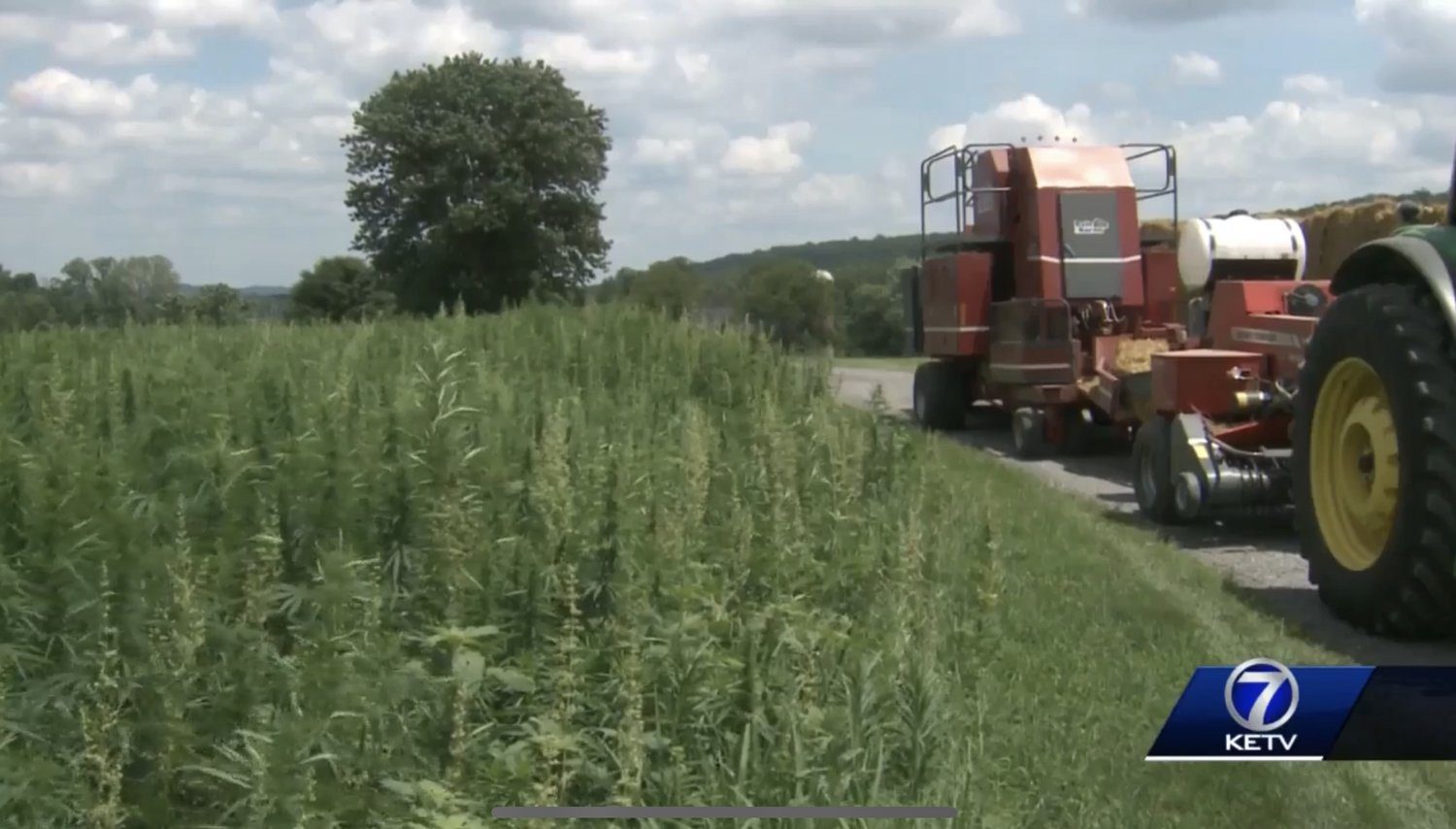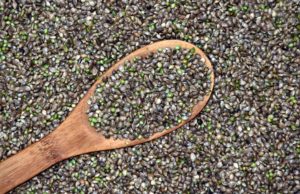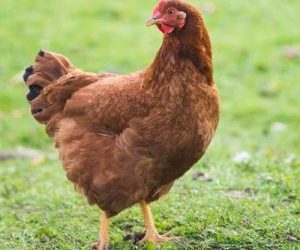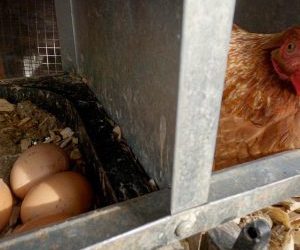
GILTNER, Neb. —
If you believe the hemp hype, it could be the nation’s next cash crop. Some of the cheapest seeds are selling for $1 a piece.
“It costs more than gold by weight right now,” explained Andrew Bish, a hemp advocate and the chief operating officer of Bish Enterprises in Hamilton County.
His family company distributes equipment that helps farmers harvest and process crops, including hemp. In order to test his products with hemp in Nebraska this year, he applied for a 2019 research license from the state.
It never arrived.
Bish was not one of 10 applicants randomly chosen by Department of Agriculture regulators to participate in the program.
“It’s a big slap in the face to the effort and to the Nebraska farmer,” Bish told KETV NewsWatch 7 Investigates, saying his Nebraska business will have to go elsewhere. “I’m going to spend nights in other states, and eat in restaurants in other states and be working in other states to test all this equipment.”
KETV NewsWatch 7 Investigates took Bish’s frustration to the state’s top ag official. In his first hemp-related interview, Steve Wellman defended his department’s approach.
“The Nebraska Department of Agriculture started a program in less than a month after the bill was signed (by the governor),” he said.
Wellman claims his team could only handle a research program this year with 10 participants based on funding from the Legislature. He said his department needed $300,000 to implement a more robust program, and the Legislature gave him $50,000.
“What’s been appropriated, at least the additional monies in LB 657 (the Nebraska Hemp Farming Act), are not adequate to fund the manpower,” Wellman said.
The argument doesn’t sit well with state Sen. Justin Wayne, of Omaha, who led the charge for the legislative framework for hemp.
“To only offer 10 (licenses) when we offered an amendment to free up money and we offered budget authority to get things done is a slap in the face to the intent of the Legislature,” Wayne said.
Wellman told KETV NewsWatch 7 Investigates he was not willing to raid other funds in the department to bankroll the hemp research program.
“We have food safety, consumer protection, animal health, plant health,” he said. “Those things are all under our purview, so choices are made based on priority.”
Bish doesn’t see hemp research as a priority for state leaders.
“I still find the voice is falling on deaf ears,” he said. “The governor has refused to speak with me about the issue.”
The Nebraska business owner would like the opportunity to argue his case: that a research program with only 10 participants doesn’t help all the farmers who want to learn about the crop now, before widespread commercialization sweeps the U.S. next year.
“All the other states are moving forward very, very rapidly,” Bish said.
South of the Nebraska border in Kansas, state regulators told KETV NewsWatch 7 Investigates they set no cap for research licenses. More than 100 people are currently enrolled in its program.
Research by one analyst predicts the global market for hemp will reach $14 billion by 2026. While Kansas appears to be going all-in on the crop’s potential, Wellman seems skeptical.
“I hope hemp is a successful crop here in Nebraska,” he said. “It’s yet to be seen.”



